Tinkers Bubble villagers live off the grid, wash their own clothes by hand, and live in harmony with nature in Somerset.
Life seems to slow down inside the village of Tinkers Bubble, hidden in the woods in Yeovil, Somerset (UK).
Kirsty Tizard owns a coffee shop in the city. Her job is the dream of many. But she feels lonely and bored. Every morning, she feels stuck in a constant loop. Then one decision changes everything.
The couple decided to give up their business and bring their children to live in the peace of Tinkers Bubble. From then on, the sounds she often heard were the chirping of starlings, the sound of horses pulling carts, the constant wind blowing through the fir trees, and the cheerful singing of the hay pickers.
Tinkers Bubble is not only one of the UK's last remaining off-grid communities, but also a symbol of the country's self-sufficient way of life.

Life in Tinkers Bubble Village.
Close to nature, living off the grid
Established in the 1990s, with an area of about 16 hectares, of which 8 hectares are green forest, people here live in complete harmony with nature, not depending on any fossil energy sources.
Tinkers Bubble villagers produce their own wood, wine, apple juice, and vegetables and sell them locally to make a living.
They use a solar system for electricity, but mainly use wood and firewood for cooking and heating. Their water comes from a local stream, making for a truly natural life.
It is estimated that each person's annual income of only about 1,500 - 2,000 pounds (nearly 48-65 million VND) is enough to cover living expenses here.
Self-sufficient
The Tinkers Bubble community's self-sufficient life is organized scientifically . They have boards near the central roundhouse that clearly display the work that needs to be done. People often hold weekly and monthly meetings to plan and coordinate work.
Small wooden houses are scattered around the communal house. Meals are often prepared together in the central round house, which is roofed with thatch, creating a warm and familiar atmosphere.
They have a team of horse caretakers to ensure that people can travel smoothly. Here, people do not use cars.
They also have a team of cows for milk and cheese and chickens. Vegetable growers provide food for the villagers to sell at local shops. A team of carpenters specializes in making rakes to collect hay. People here still maintain the traditional way of washing clothes by hand.

Space inside the shared house.
Alex Toogood is a civil engineer who lives in the city. But he always feels lonely in urban society, his mental health is declining. Therefore, he moved to live in Tinkers Bubble a few years ago.
“Self-sufficient living not only brings freedom and independence but also solves many problems I faced in the city, such as loneliness, poor mental health and food issues,” he said.
However, this lifestyle is not suitable for everyone, especially the elderly. Tinkers Bubble is an ideal destination for those looking for closeness to nature and freedom.

Alex Toogood and Meg Willoughby love life in the village.
To get the results like today, the villagers have gone through many difficulties, even had to endure false rumors.
In the 1990s, when tensions over the rights of the tourist workers were high, there were rumors that Tinkers Bubble residents were using drugs and stealing, and even kidnapping children. However, all of these were baseless fabrications.
Now, about 70 volunteers stay in the village for short periods each year. Despite the lack of many modern conveniences such as washing machines and air conditioning, many are willing to leave the city for Tinkers Bubble. They want to connect with nature, heal their souls, and learn the skills needed to survive.
(According to Vietnamnet)
Source


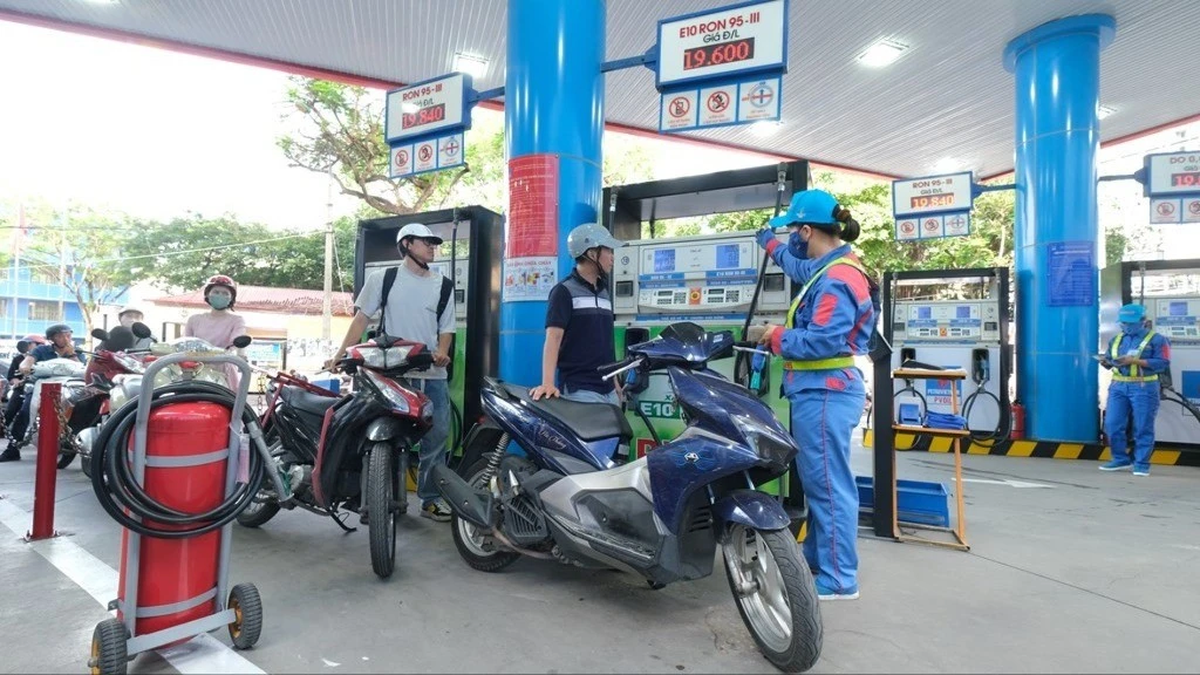
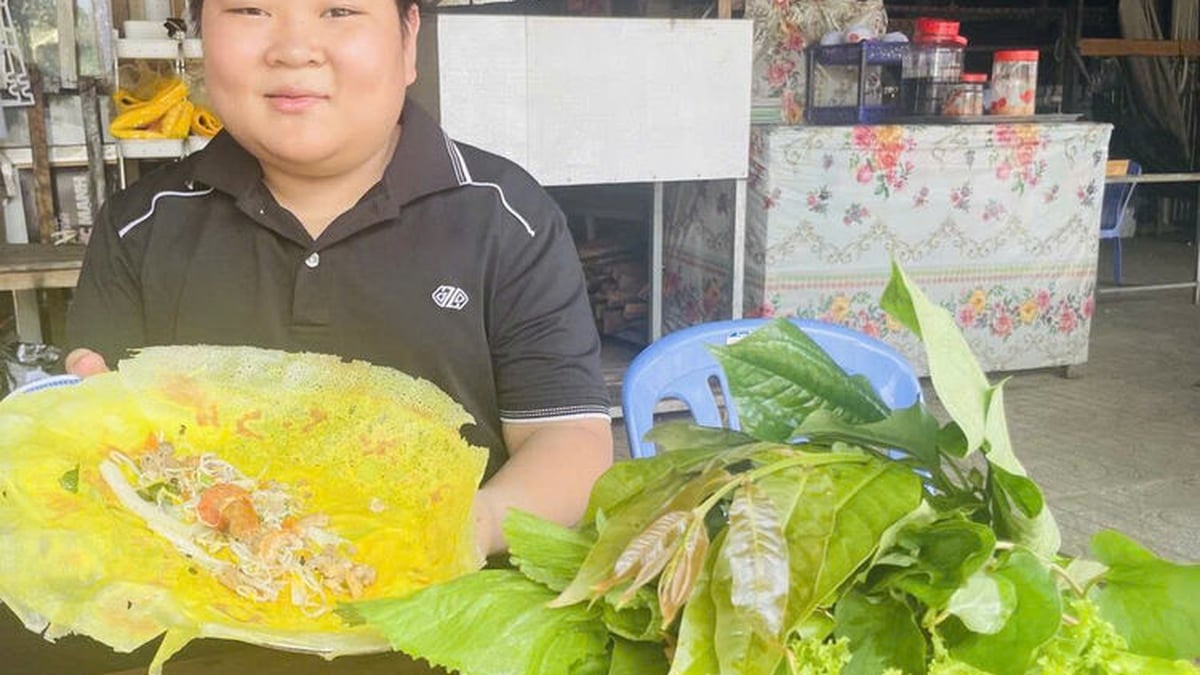
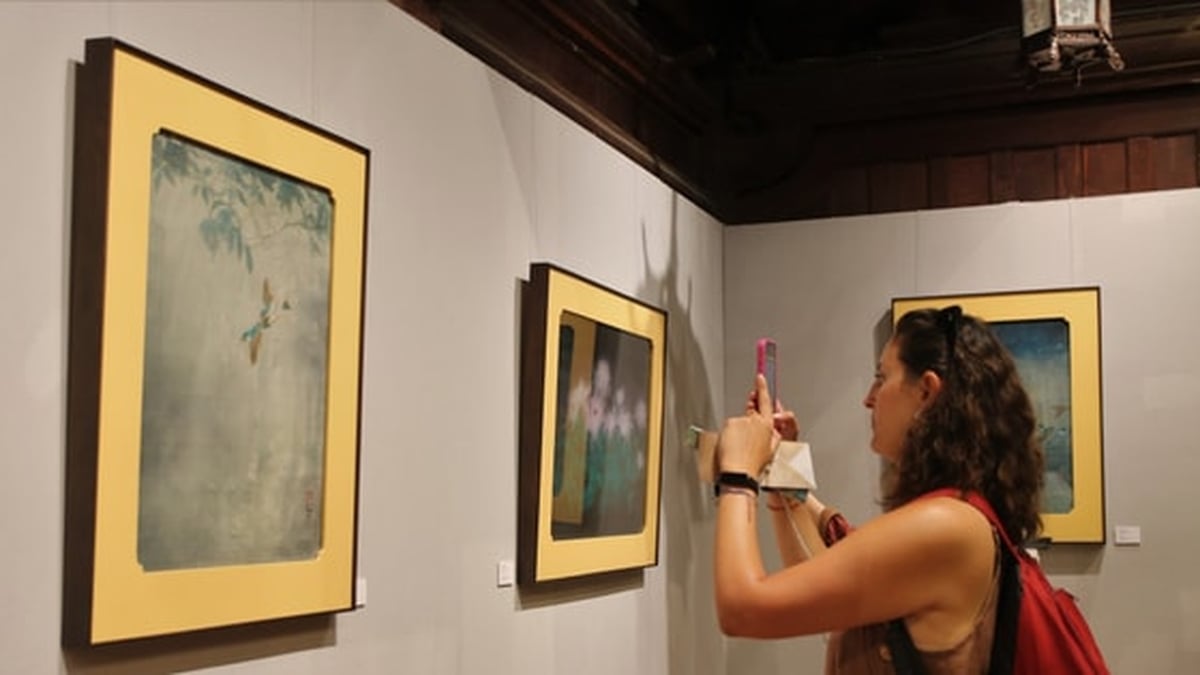
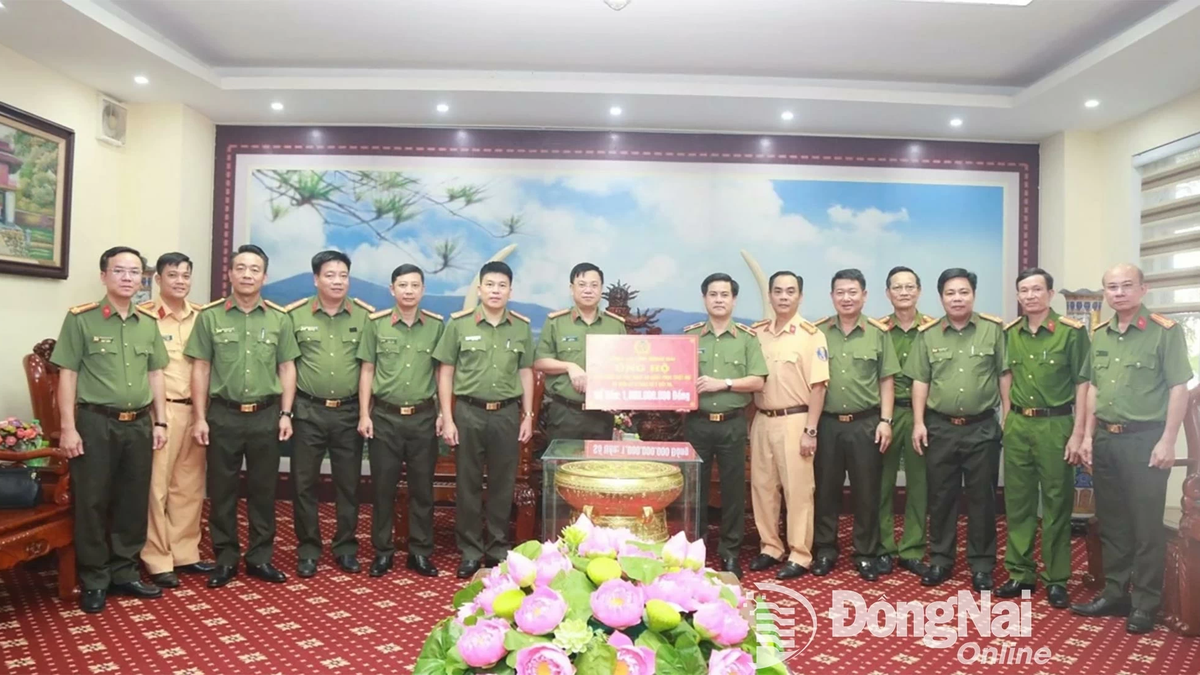

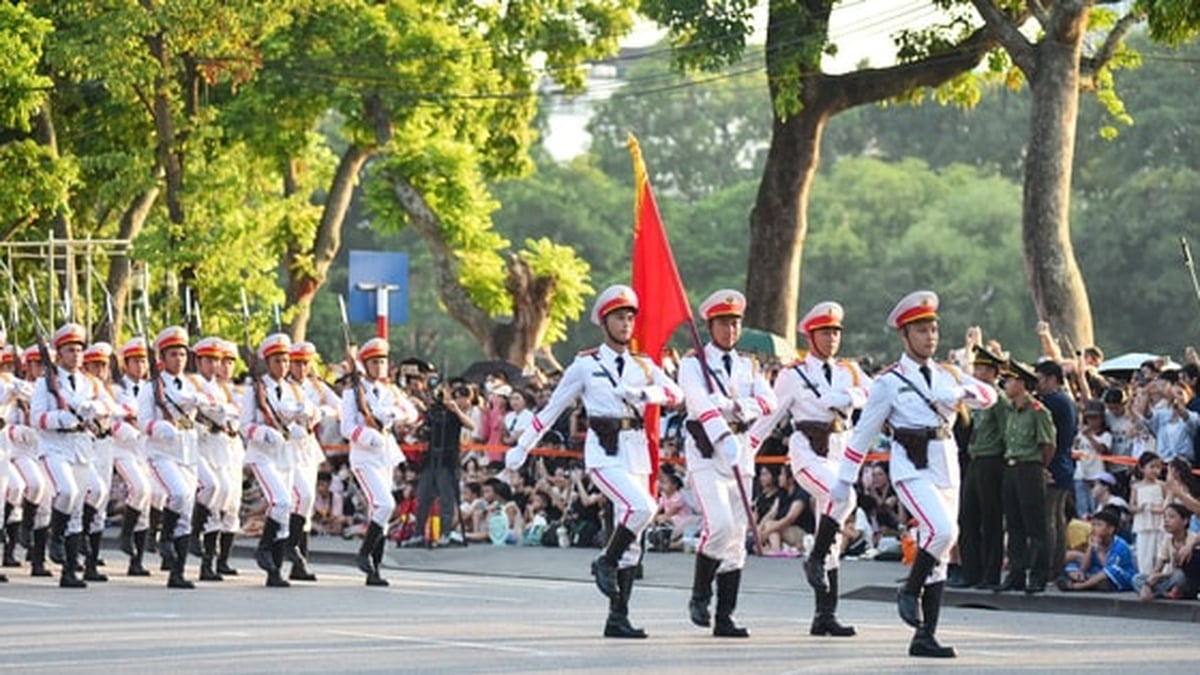
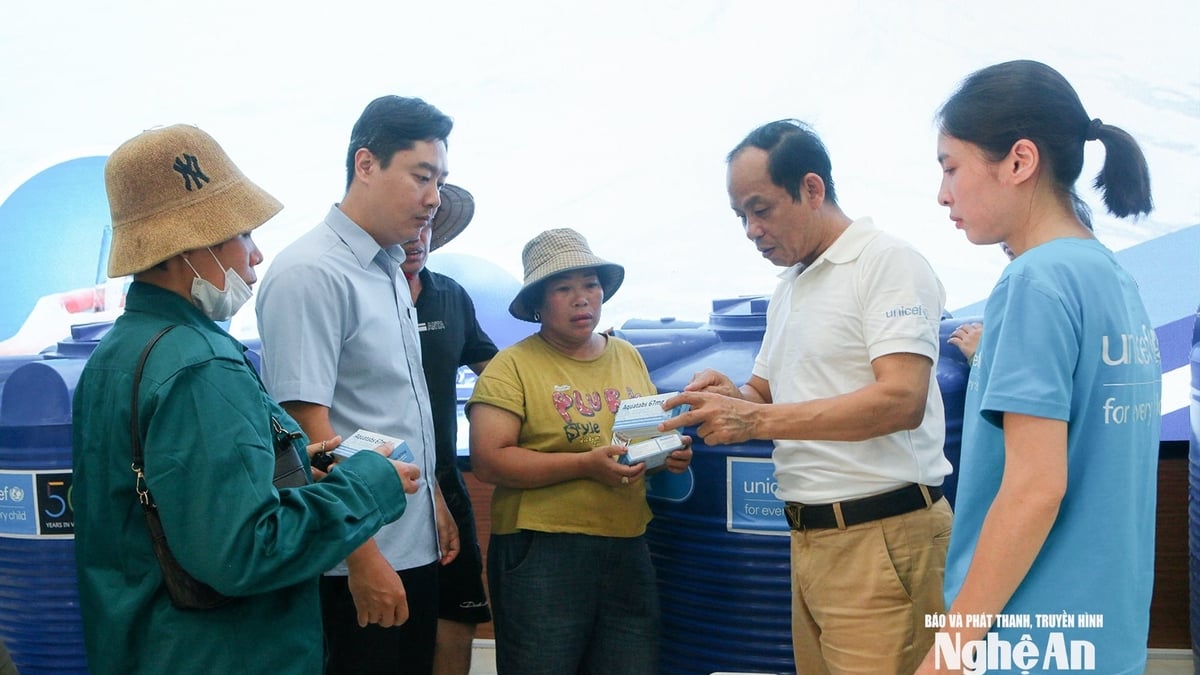
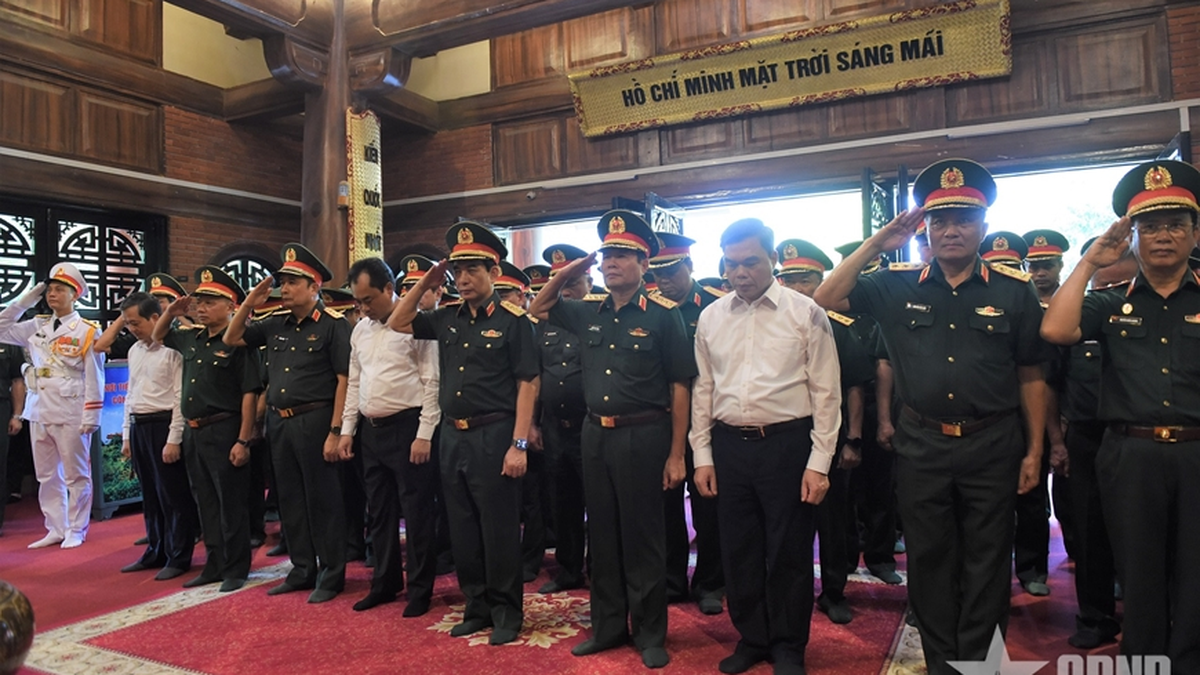
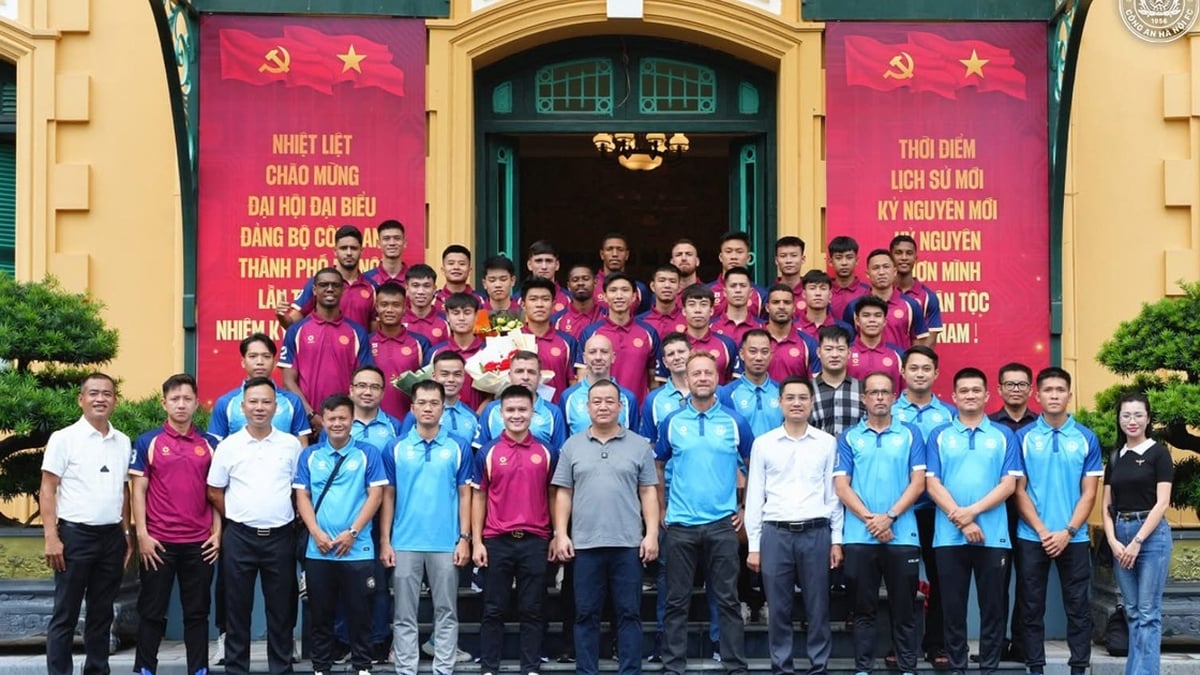























































































Comment (0)